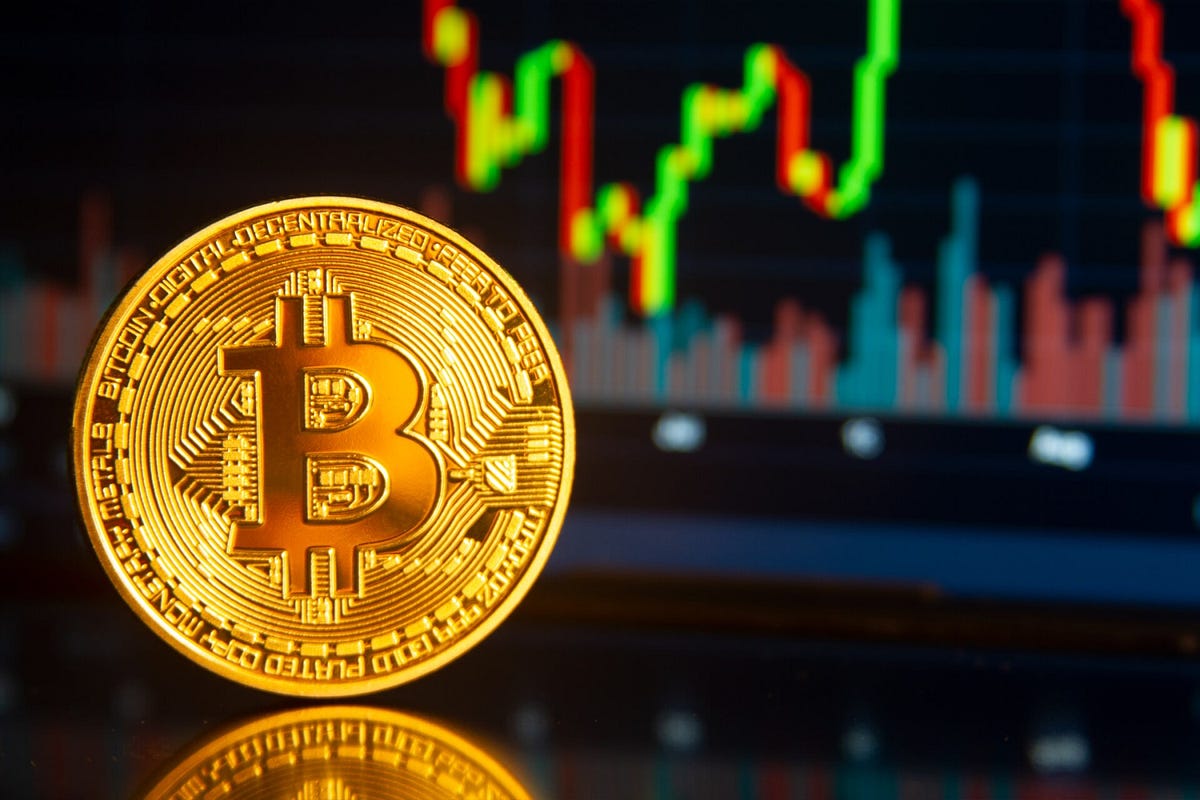Sweden is weighing the creation of a strategic Bitcoin reserve as lawmakers push to protect against inflation and signal openness to digital innovation. Here’s why the move could reshape its financial future.
Sweden Eyes Bitcoin Reserve Amid Global Shift
Sweden may soon enter what lawmakers are calling a “digital arms race” by considering a strategic Bitcoin reserve. A proposal submitted to the Riksdag highlights growing momentum among governments to diversify national assets and embrace digital innovation.
The move, led by Swedish Democrats Dennis Dioukarev and David Perez, positions Sweden alongside nations like the United States, which are exploring the integration of Bitcoin into their treasuries. If approved, this could mark a turning point for the Nordic nation, signaling that it sees Bitcoin not just as an asset, but as a tool to hedge against inflation and enhance financial resilience.
Why Sweden Wants Bitcoin in Its Treasury
The lawmakers argue that Bitcoin’s capped supply of 21 million coins makes it a natural hedge against inflation—something that fiat currencies cannot match. Unlike traditional assets, Bitcoin operates outside central banking control, offering an alternative during times of monetary uncertainty.
They also point to Bitcoin’s scale and liquidity. With a market capitalization that rivals silver and outpaces companies like Tesla, Meta, and Amazon, Bitcoin is no longer a fringe experiment. For Dioukarev and Perez, this makes the case stronger for treating it as a strategic reserve asset.
In their proposal, they emphasized that a Bitcoin reserve could:
Diversify Sweden’s holdings beyond fiat and traditional assets.
Act as protection against inflation, thanks to its fixed supply.
Demonstrate Sweden’s openness to digital innovation at a national level.
A Signal of Innovation, Not Just Economics
Supporters of the proposal believe this isn’t only about financial strategy—it’s about national image and technological leadership. By holding Bitcoin, Sweden would send a global signal that it is open to digital innovation, blockchain development, and fintech advancement.
Sweden already has a growing crypto ecosystem. According to Tracxn, there are 85 crypto-related companies operating in the country, with 20 of them collectively raising around $48 million in funding. A government-backed Bitcoin reserve could amplify investor confidence and attract more crypto-focused businesses to the region.
The Question of Seized Bitcoin
Interestingly, the lawmakers suggest that part of the reserve could be funded through seized Bitcoin. Sweden introduced legislation in 2024 that allows authorities to confiscate luxury goods, including crypto, even if individuals are not directly under investigation. This means the government already has a potential stream of Bitcoin it could redirect into national reserves.
However, the question of who would manage these holdings remains open. Whether Sweden’s central bank, the Riksbank, or another designated authority will oversee the reserve has yet to be decided.
Sweden’s Position on CBDCs
Another key part of the proposal is a demand that the government not alter the definition of legal tender in the Riksbank Act. This is effectively a pushback against the idea of a Swedish central bank digital currency (CBDC).
While the Riksbank has already piloted an e-krona project, the lawmakers want assurance that Sweden won’t rush into a CBDC rollout. They argue that Bitcoin offers more transparency and freedom compared to state-issued digital currencies, which raise concerns about privacy, surveillance, and potential government overreach.
This stance also aligns with global debates. While proponents of CBDCs highlight benefits such as faster payments and greater financial inclusion, critics warn about risks like loss of financial autonomy and enhanced government control.
Sweden in the Global Bitcoin Race
With more countries exploring Bitcoin as part of their strategic reserves, Sweden’s entry could add momentum to the nation-state adoption trend. Advocates believe that as governments accumulate Bitcoin, it brings the asset closer to recognition as a global reserve currency.
The lawmakers stress that “Bitcoin is only at the beginning of its journey.” By acting now, Sweden could position itself ahead of the curve in what they see as a disruptive shift in the global financial system.
What This Means for the Future
If Sweden moves forward, it would not only mark the first major step toward Bitcoin integration in Scandinavia but also reshape the global conversation on monetary sovereignty. The proposal underscores how Bitcoin has evolved from a niche asset to a serious consideration for national treasuries.
For Sweden, this could be the beginning of a strategy that protects against inflation, strengthens financial independence, and attracts global investment. For the world, it’s another sign that the Bitcoin digital arms race is no longer hypothetical—it’s underway.
Disclaimer: Parts of this article were generated with the assistance from AI tools and reviewed by our editorial team to ensure accuracy and adherence to our standards.








